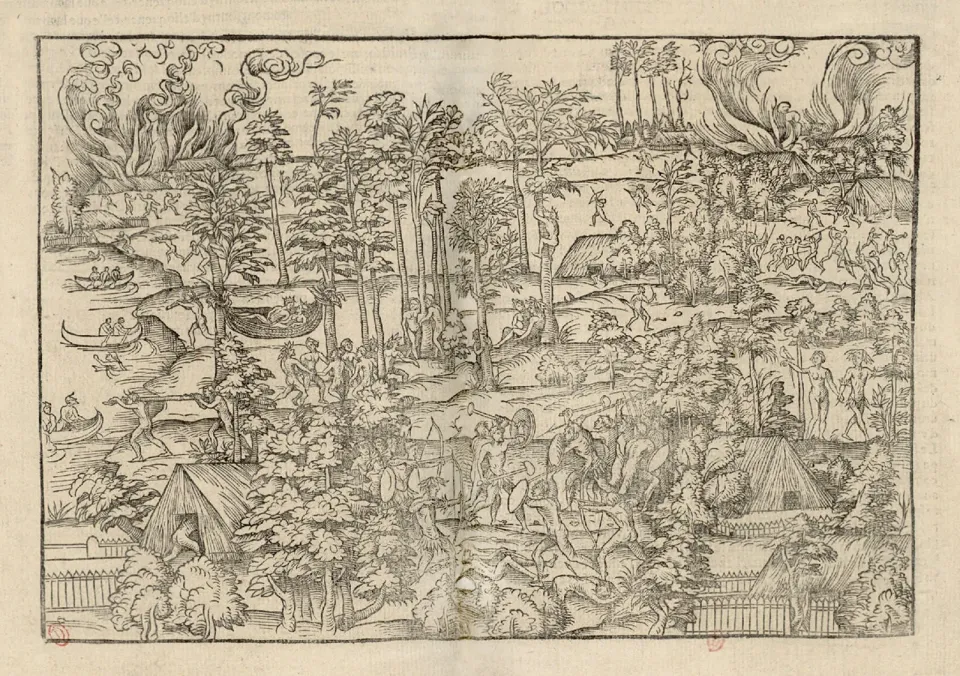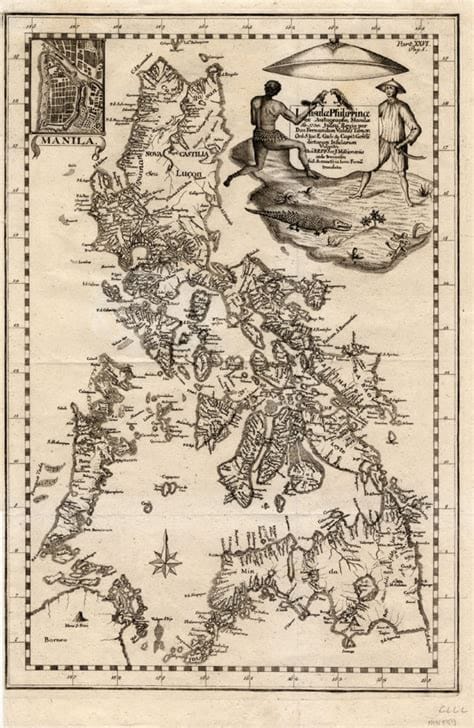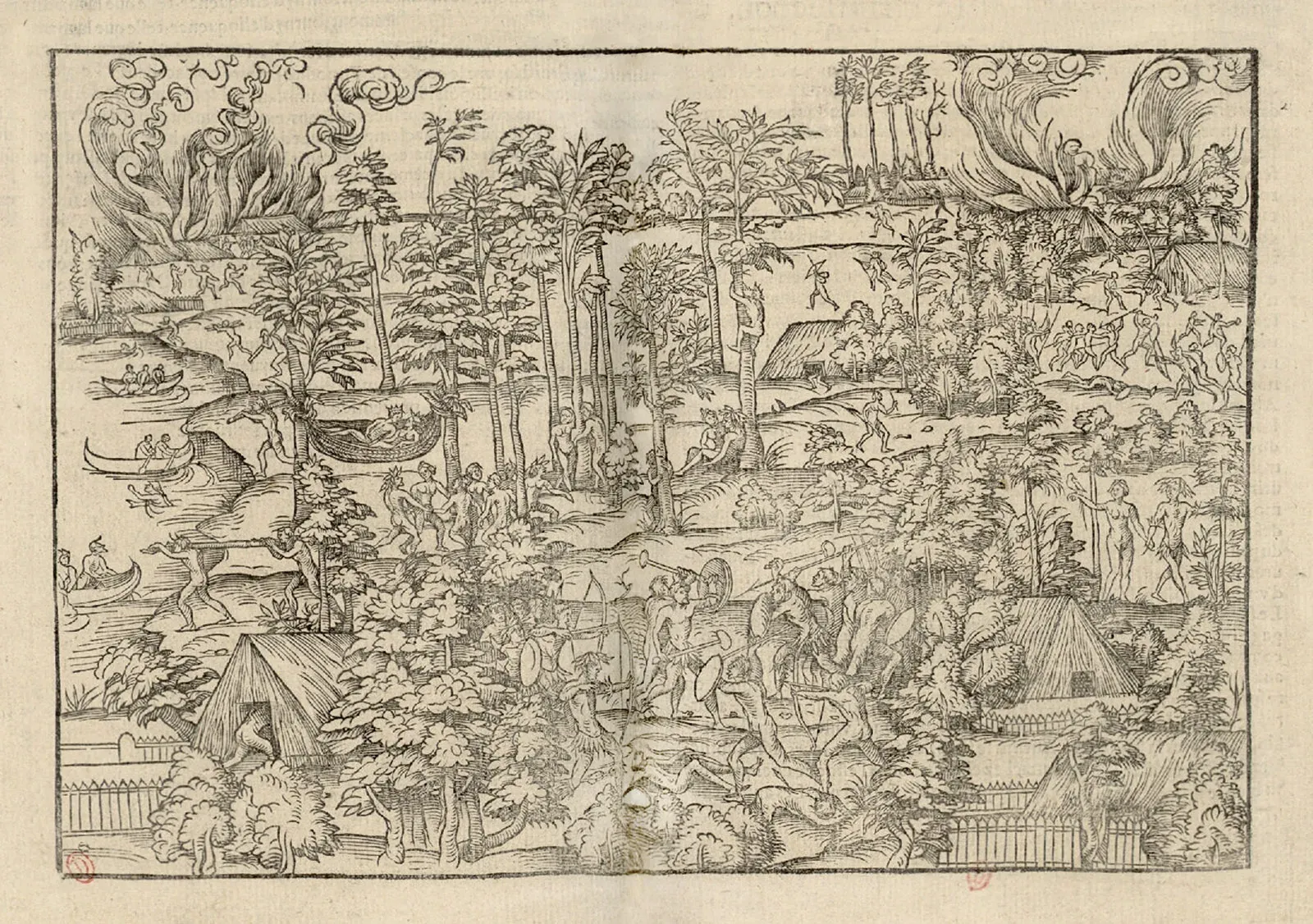Kerim’s Triptych for Sunday, February 4th, 2024

Welcome to Kerim's Triptych, a free newsletter that delivers 3 items to your email inbox, 3 times a month. If you didn't intend to subscribe, or you don't want to receive these anymore, there is an unsubscribe link at the bottom.
Item 1: The Colonial Roots of Philippine Poverty

Interesting article (from 2023) about how the Philippines is still paying for never having implemented proper land reform.
Because the United States opted not to engage in large-scale redistribution of land, families that collaborated with colonial authorities retain oligarchic control over the soil and dominate the political sphere. Policies engineered to make the country dependent on American factory goods have left the Philippines with a much smaller industrial base than many economies in Asia.
“The U.S. forced land reform on a whole lot of different countries in the region, Japan included, because of World War II,” said Cesi Cruz, a political scientist at the University of California, Los Angeles. “But in the Philippines, because they were fighting on the same side, they did not want to punish their ally economically by forcing all these restrictions on them.”
One can add Taiwan to the list of countries that had US imposed land reform.
Item 2: The Asian Question

In 2022 Mahmood Mamdani wrote about the expulsion of South Asians from Uganda.
But Ugandan Asians are a poor fit as victims. For a start, the expulsion meant different things to different people. For a substantial group – the lowest estimates are upwards of twelve thousand – the expulsion marked the end of an impossible situation. Their predicament originated in the citizenship laws in Britain and Uganda, and the denial of work permits by the Ugandan government, which meant that they could no longer afford decent rented premises and were forced to live in places of worship – temples, mosques, gurudwaras – or to crowd into single-room tenements. According to Bob Astles, a senior intelligence officer under Obote and Amin, they lived in ‘concentration camp conditions’. This group celebrated the expulsion. For UKPHs, it had the advantage of forcing open the gates in Britain.
Item 3: The Discovery of Europe

“A new book investigates the lives of the hundreds of thousands of indigenous Americans who were brought to or traveled to Europe in the sixteenth century…” I haven’t yet read the book, On Savage Shores: How Indigenous Americans Discovered Europe, by Caroline Dodds Pennock, but I enjoyed this review from Álvaro Enrigue in the NYRB.
For some five hundred years we have studied the Atlantic cultural and commercial exchange as a pipeline through which Europe sent people to the Americas and the Americas sent back commodities. In Dodds Pennock’s comprehensive study, this idea, like so many we have about the period, is revealed to be a Eurocentric fantasy. “We need to invert our understanding of encounter to see transatlantic migration and connection,” she writes, “not just as stretching to the west, but also as originating there.”
Endnote
Enjoying Triptych? While Triptych will always remain free — and free of advertising or invasive user-tracking code — seeing my readership grow really motivates me to keep going. Please help by encouraging your friends to subscribe. You can also show your appreciation by switching to a paid account. A big shout out to my current paid subscribers! Thank you.

Member discussion